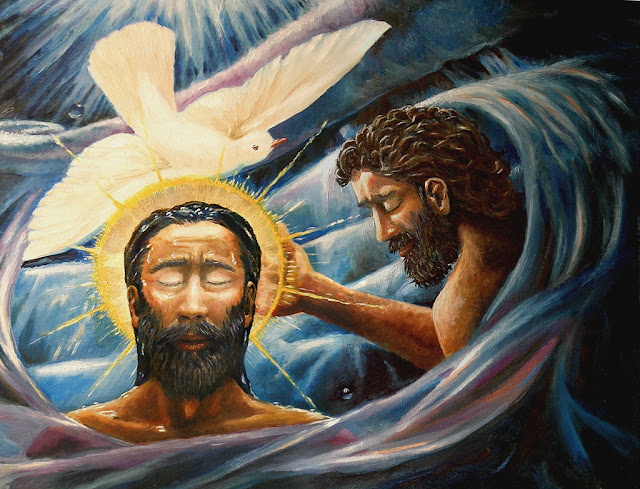Trinitarian pastoral care

This post from Grace Communion Seminary faculty member Ted Johnston explores the Trinitarian approach to pastoral care advocated by the Torrance brothers. All three view pastoral care as Spirit-led participation in Jesus' ongoing ministry to and through his Body, the church. This post is excerpted from one of Ted's lectures in his GCS Practice of Ministry course. Jesus Healing the Sick (public domain via Wikimedia Commons) Dietrich Bonhoeffer, and Andrew Root after him, emphasize that Jesus Christ, the ascended incarnate Son of God, through the Holy Spirit, ministers personally---sharing the place of every person. As pastoral ministers, we are called to be place-sharers with Jesus . We do so by helping people encounter Jesus Christ who is present already with them in healing ways. We offer this assistance by proclaiming to people the Word of God (the apostolic gospel)---a proclamation made in multiple ways, both verbal and non-verbal. We find helpful instruction...





